Eric Makita
A movie genre prediction based on Multivariate Bernoulli model and genre correlations
Mar 25, 2016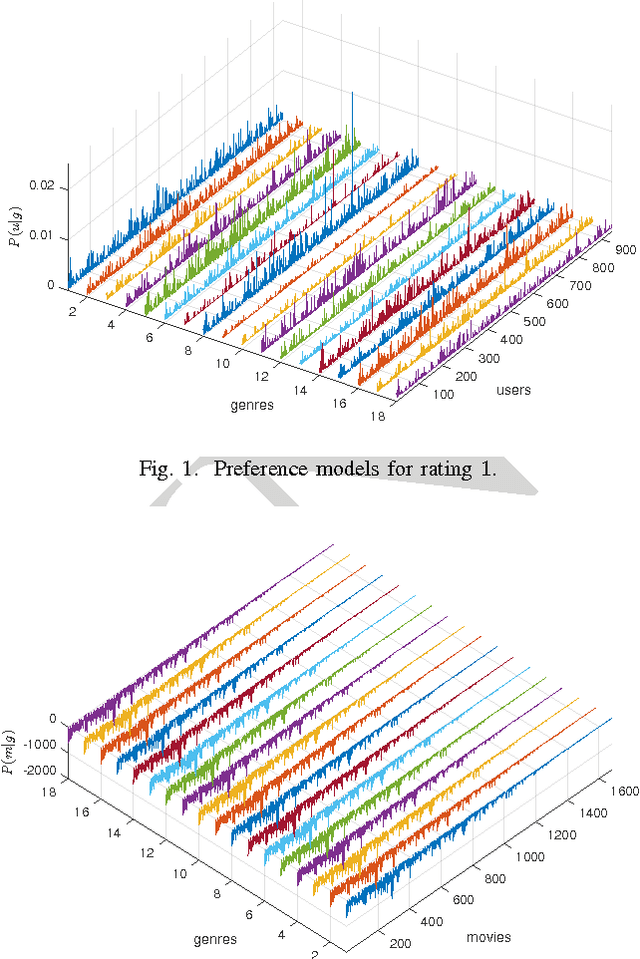
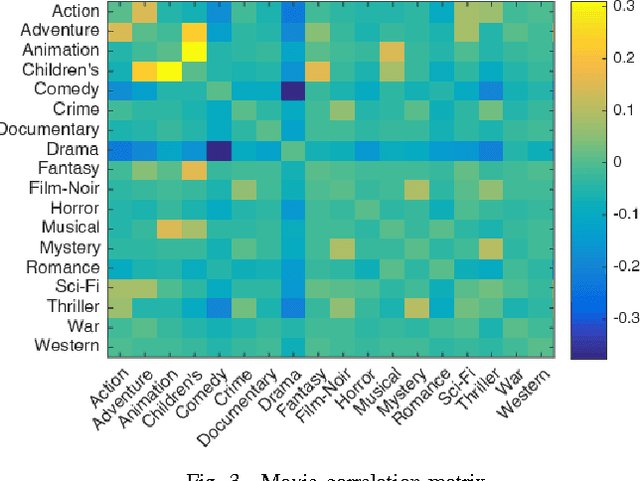
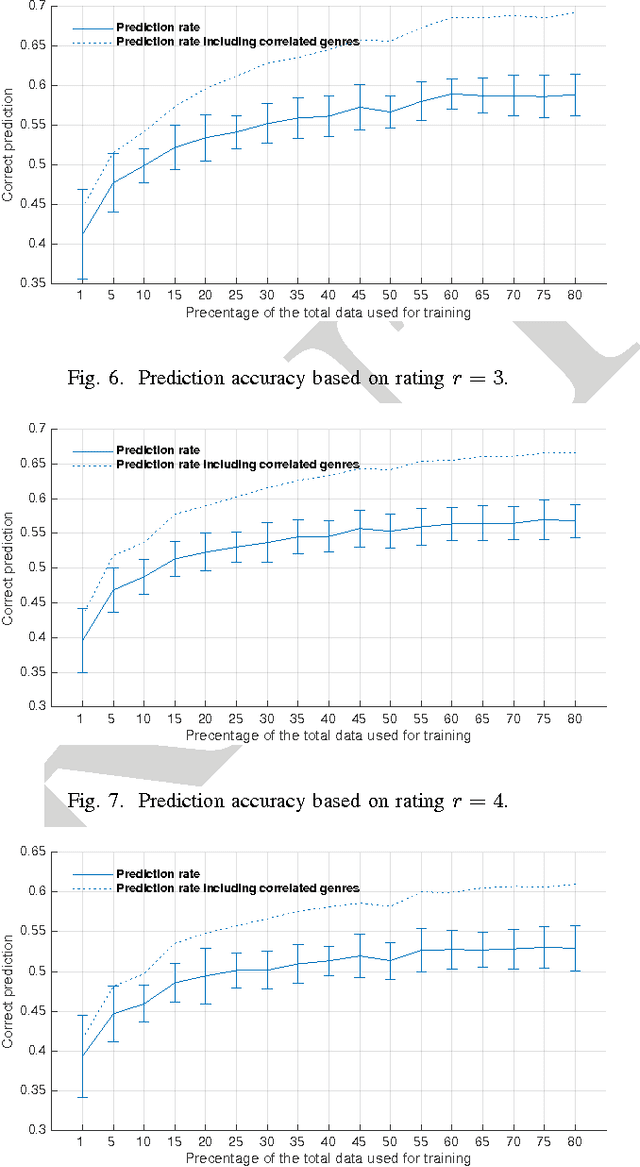
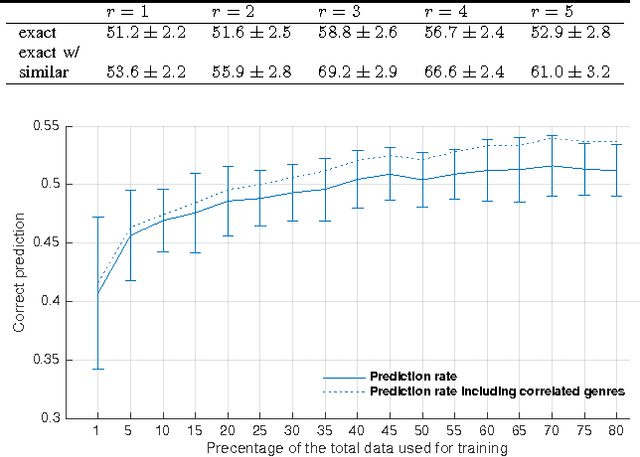
Abstract:Movie ratings play an important role both in determining the likelihood of a potential viewer to watch the movie and in reflecting the current viewer satisfaction with the movie. They are available in several sources like the television guide, best-selling reference books, newspaper columns, and television programs. Furthermore, movie ratings are crucial for recommendation engines that track the behavior of all users and utilize the information to suggest items they might like. Movie ratings in most cases, thus, provide information that might be more important than movie feature-based data. It is intuitively appealing that information about the viewing preferences in movie genres is sufficient for predicting a genre of an unlabeled movie. In order to predict movie genres, we treat ratings as a feature vector, apply the Bernoulli event model to estimate the likelihood of a movies given genre, and evaluate the posterior probability of the genre of a given movie using the Bayes rule. The goal of the proposed technique is to efficiently use the movie ratings for the task of predicting movie genres. In our approach we attempted to answer the question: "Given the set of users who watched a movie, is it possible to predict the genre of a movie based on its ratings?" Our simulation results with MovieLens 100k data demonstrated the efficiency and accuracy of our proposed technique, achieving 59% prediction rate for exact prediction and 69% when including correlated genres.
A multinomial probabilistic model for movie genre predictions
Mar 25, 2016

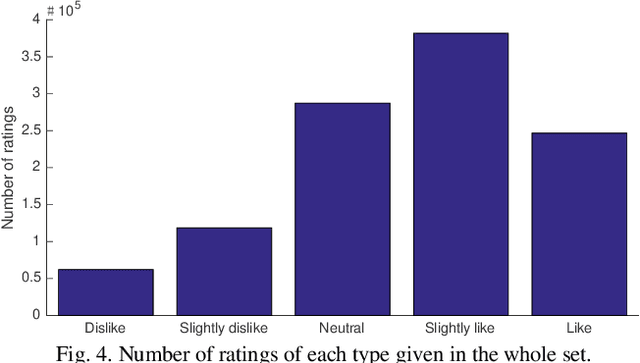
Abstract:This paper proposes a movie genre-prediction based on multinomial probability model. To the best of our knowledge, this problem has not been addressed yet in the field of recommender system. The prediction of a movie genre has many practical applications including complementing the items categories given by experts and providing a surprise effect in the recommendations given to a user. We employ mulitnomial event model to estimate a likelihood of a movie given genre and the Bayes rule to evaluate the posterior probability of a genre given a movie. Experiments with the MovieLens dataset validate our approach. We achieved 70% prediction rate using only 15% of the whole set for training.
 Add to Chrome
Add to Chrome Add to Firefox
Add to Firefox Add to Edge
Add to Edge